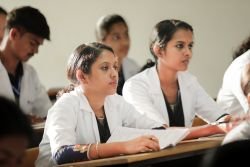B.Sc. Genetics
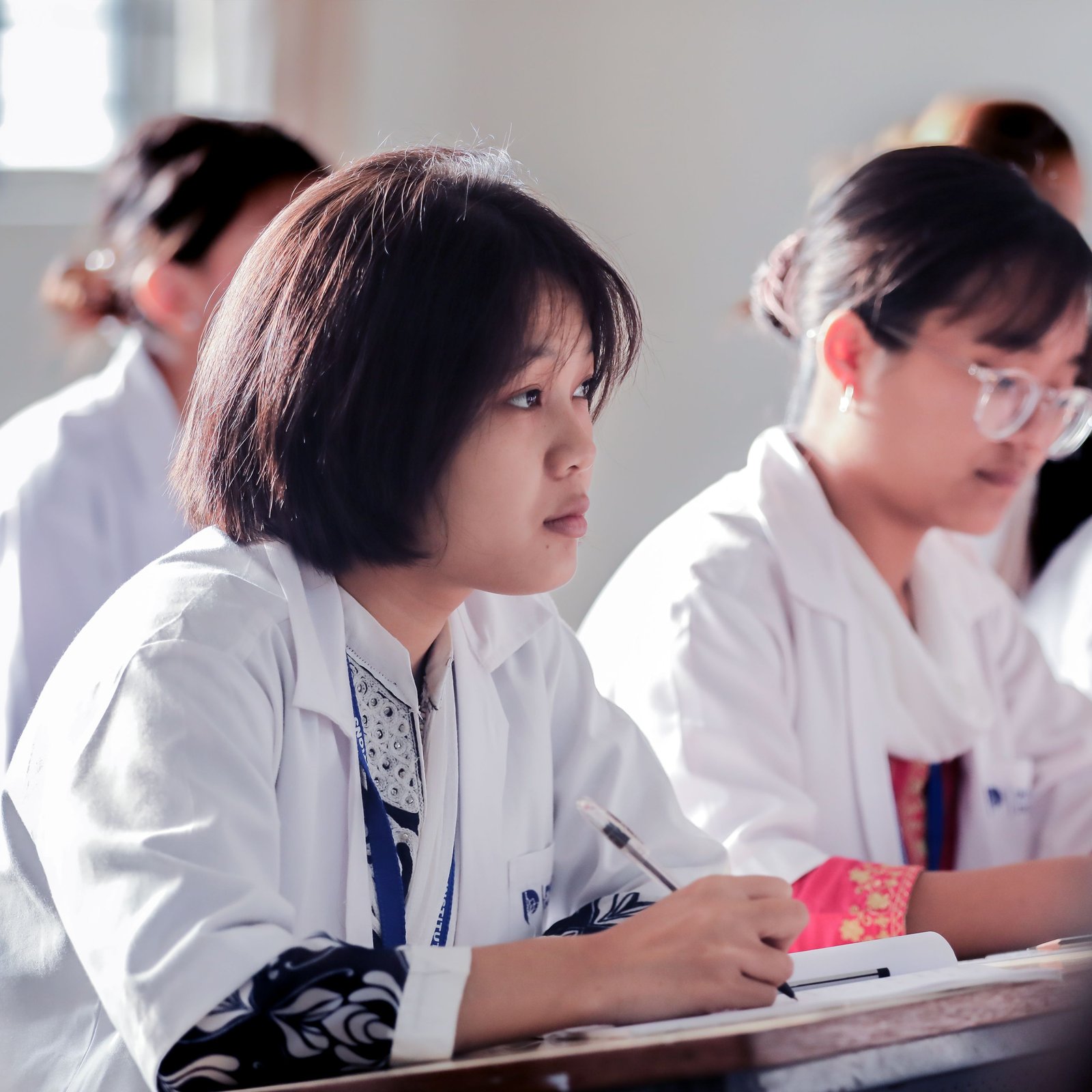
What is genetics?
Genetics is the scientific study of genes and heredity—of how certain qualities or traits are passed from parents to offspring as a result of changes in DNA sequence. A gene is a segment of DNA that contains instructions for building one or more molecules that help the body work. DNA is shaped like a corkscrew-twisted ladder, called a double helix. The two ladder rails are called backbones, and the rungs are pairs of four building blocks (adenine, thymine, guanine, and cytosine) called bases. The sequences of these bases provide the instructions for building molecules, most of which are proteins. Researchers estimate that humans have about 20,000 genes.
All of an organism’s genetic material, including its genes and other elements that control the activity of those genes, is its genome. An organism’s entire genome is found in nearly all of its cells. In human, plant, and animal cells, the genome is housed in a structure called the nucleus. The human genome is mostly the same in all people with just small variations.

How are genes inherited?
Our DNA, including all of our genes, is stored in chromosomes, structures where proteins wind up DNA tightly so that it fits in the nucleus. Humans typically have 23 pairs of chromosomes in our cells. The two chromosomes in each pair contain the same genes, but they may have different versions of those genes because we inherit one chromosome in each pair from our mother and the other from our father. Reproductive cells—eggs and sperm—randomly receive one chromosome from each of the 23 sets instead of both so that a fertilized egg will contain the 23 pairs needed for typical development.
How do genes affect health and disease?
Changes in genes can prevent the gene from doing its job the way it normally would. Some differences in DNA, for example, can lead to incorrectly formed proteins that can’t perform their functions. Also, genetic variations can influence how people respond to certain medicines or a person’s likelihood of developing a disease. Because parents pass their genes on to their children, some diseases tend to cluster in families, similar to other inherited traits. In most cases, multiple genes are involved. Researchers can use DNA sequencing to identify variations in a person’s genome.
Some variations between individuals result from epigenetic differences. These are changes in gene function, some of which can be inherited but are not the result of changes in DNA sequence.
Why do scientists study the genes of other organisms?
All living things evolved from a common ancestor. Therefore, humans, animals, and other organisms share many of the same genes, and the molecules made from them function in similar ways.
Scientists have found many genes that have been preserved through millions of years of evolution and are present in a range of organisms living today. They can study these preserved genes and compare the genomes of different species to uncover similarities and differences that improve their understanding of how human genes function and are controlled. This knowledge helps researchers develop new strategies to treat and prevent human disease. Scientists also study the genes of bacteria, viruses, and fungi for solutions to prevent or treat infection. Increasingly, these studies are offering insight into how microbes on and in the body affect our health, sometimes in beneficial ways.
Career in Genetics
Why do we resemble like our parents? How does a single cell develop into a living creature? .Do you want to know about the Science of heredity in living organisms?
Genetics is the answers of all these questions.
Genetics is the study of Science in which we studies how living things inherits features such as hair color, eye color, and risk for disease from their ancestors.
What skills or personality characteristics should a geneticist possess?
Good Geneticists have a passion & curiosity related to the genetic basis of health and disease. If you want to be successful at the job, you must have a patience, good communication skills & perseverance. Students in interested to make career in genetics, should take science and mathematics as possible in the high school and college.
Benefits of Genetics Courses:
• You can find job opportunities in hospitals, pharmaceutical companies and other health services.
• It guides you about the operations of clinical biochemical genetics diagnostic laboratories.
• After completing B.Sc in genetics, you can also go for the further courses like M.Sc, Ph.D, etc.
Who Hires Geneticists? Where Do They Work?
There are a lot of career opportunities in the field of biology, biomedical and life Sciences. The job opportunity for a genetics degree holder is continuing to expand. The genetic employees are not sufficient now, that’s why the demand of genetics continues to increase. Geneticists can work in various capacities for many different types of employers. Some Employment area where you work after studying genetics course:
• Hospitals
• Military
• DNA Forensics Department
• Universities
• Consultancies
• Pharmaceutical Industry & Suppliers
• Agricultural Firms
• Research Institutes
• Animal Breeding Industry
Some of the Job Profiles are:
• Assistant Professor
• Genetics Laboratory Technician
• Clinical Geneticist
• Regulatory Process Manager
• Biotech Sales Engineer
• Consultant
• Museum Educator
• Nutritionist
• Pharmaceuticals
• Senior Scientific Officer
• Principal Plant Breeder
• Channel Enablement Specialist
• Data Specialist – Advanced Analytics
• Technical Solution Manager
Some of the major employers geneticist in India are:
• AIIMS
• Tata Memorial Centre
• Indian Society of Cell Biology
• Bcs-Insilico Biology
Shwetha K
Admission counselor



-food-technology-thumb.jpg)

-food-science-&-nutrition-thumb.jpg)
-in--thumb.jpg)
-in-psychology-thumb.jpg)
-in-environmental-science-thumb.jpg)
-in-microbiology-thumb.jpg)
-in-genetics-thumb.jpg)
-in-biochemistry-thumb.jpg)
-thumb.jpg)

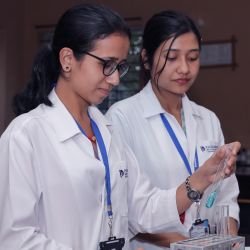
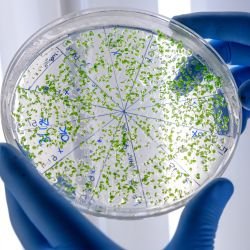



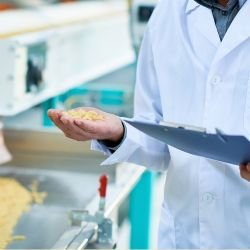

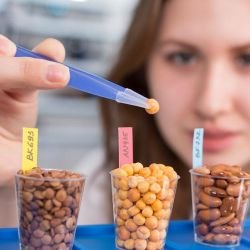

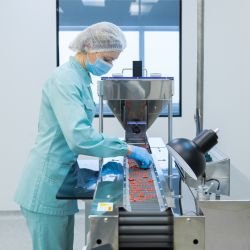

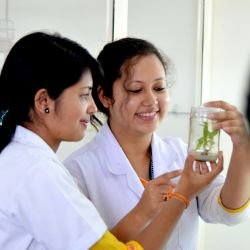
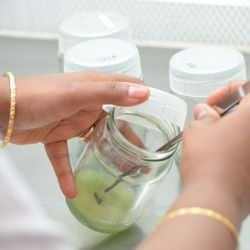
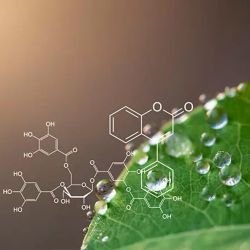
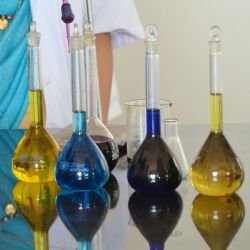



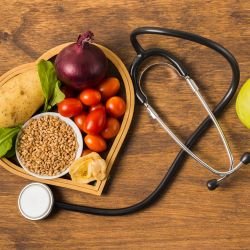







-thumb.jpg)
-thumb.jpg)
-thumb.jpg)
-thumb.jpg)
-thumb.jpg)

-thumb.jpg)
